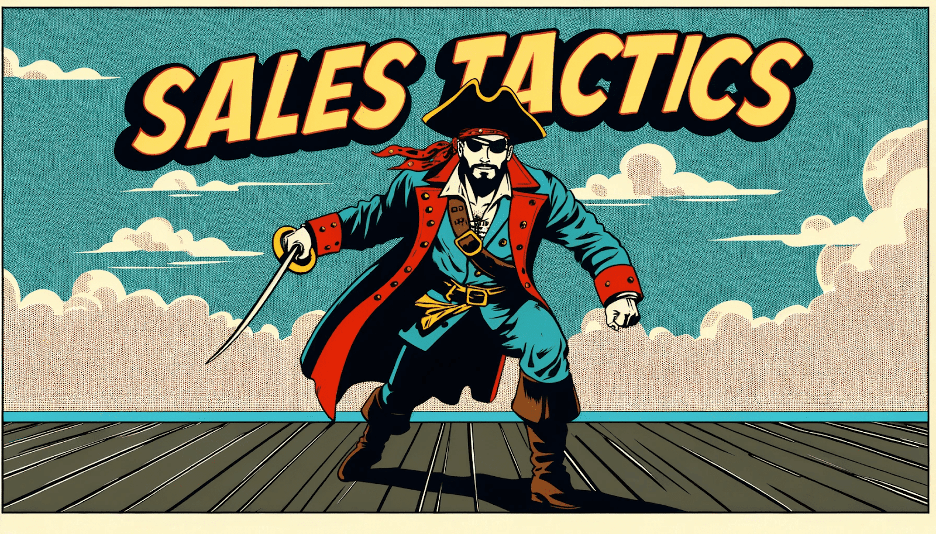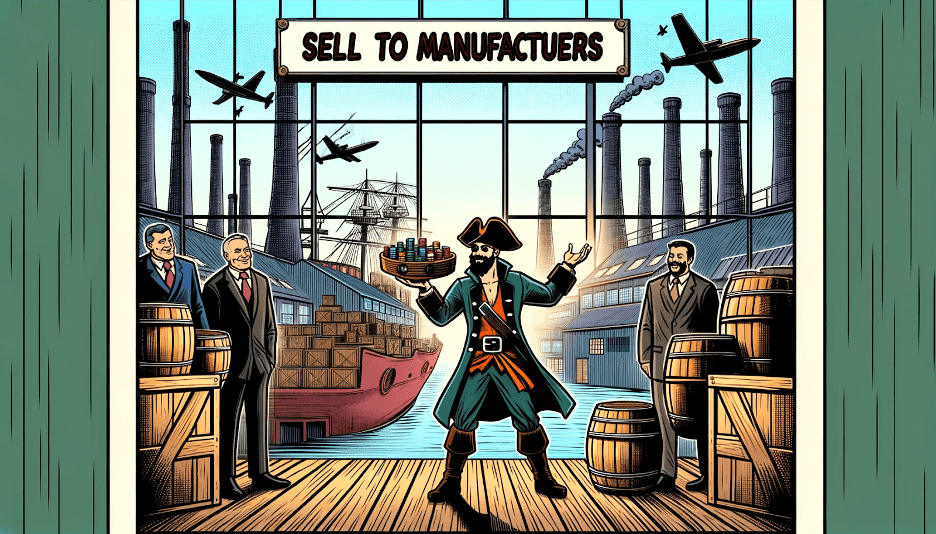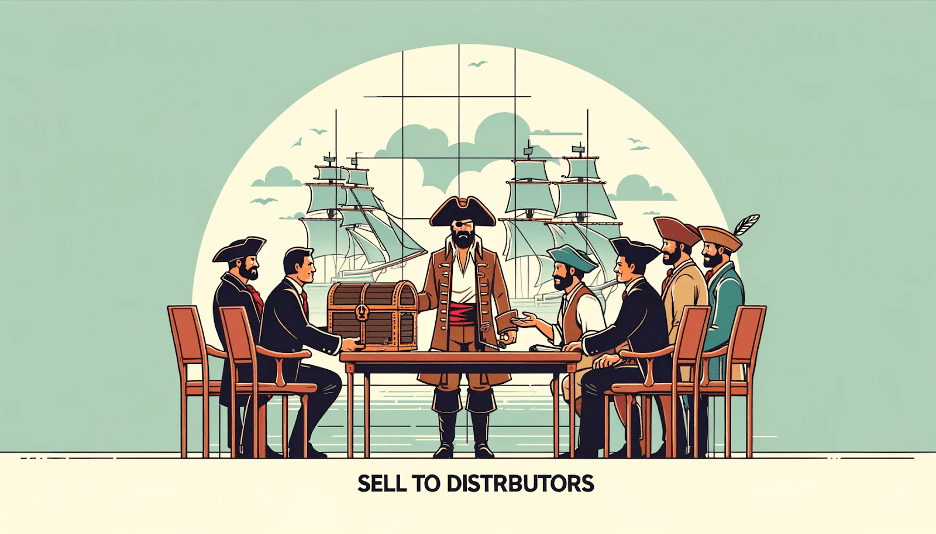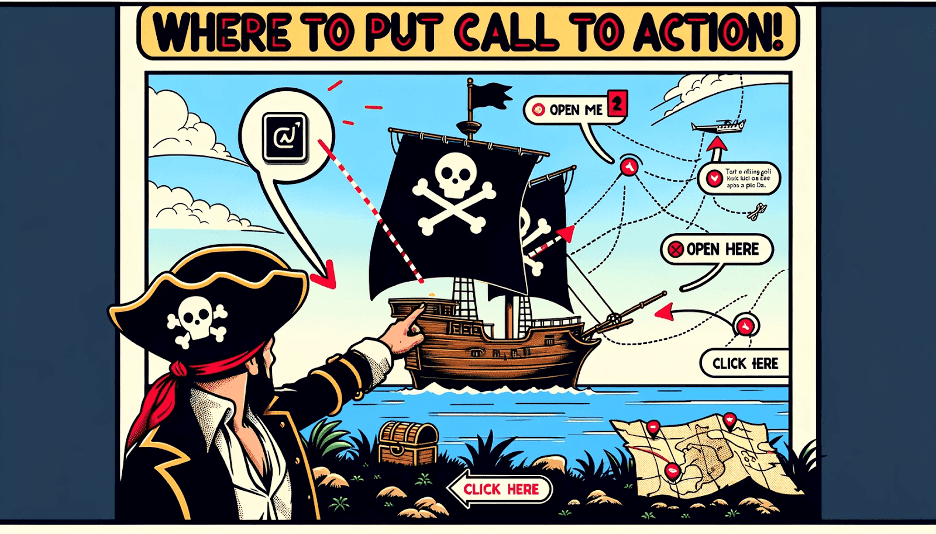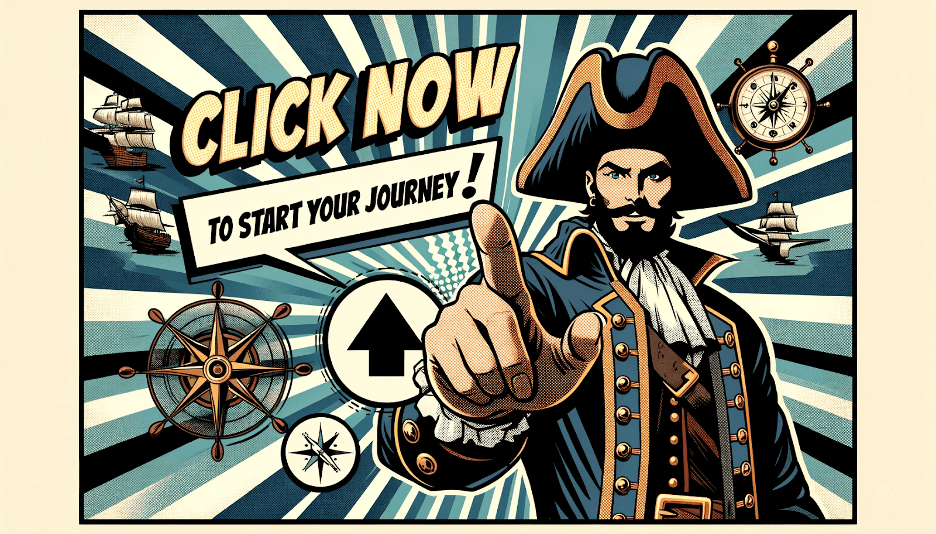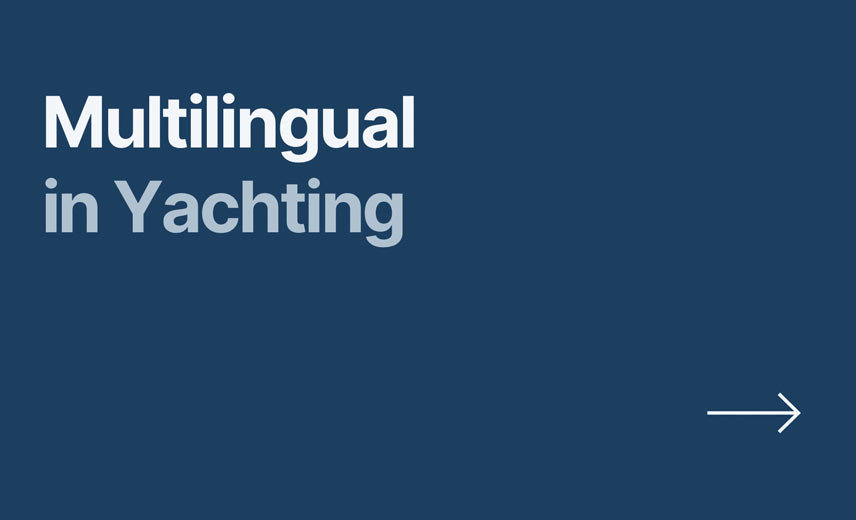
Linguistic Proficiency in Global Yachting: Leveraging Multilingual Skills for Market Dominance
The yachting industry, with its global reach and clientele, is a sector where multilingualism can be a significant advantage. As the industry continues to evolve, the importance of language skills cannot be overstated. Here’s a deep dive into the significance of multilingualism in the yachting industry, based on insights from a recent podcast.
1. The Global Nature of Yachting
The yachting industry is inherently international. With clients, crew, and suppliers coming from all corners of the world, the ability to communicate effectively in multiple languages is invaluable. Whether it’s negotiating deals, understanding client preferences, or ensuring smooth operations on board, language skills play a pivotal role.
2. The Entry Point: Language Skills
One of the podcast guests shared her personal journey into the yachting industry, highlighting how her multilingual abilities were a key factor in her entry. Hired primarily for her language skills, she was tasked with selling to Italian shipyards, managing an office in France, and communicating with American colleagues. This story underscores the importance of languages as a gateway to opportunities in the yachting sector.
3. Networking and Building Relationships
In an industry where relationships are paramount, the ability to connect with people from diverse backgrounds is crucial. Multilingualism facilitates this connection, allowing professionals to engage with a broader range of stakeholders. Whether it’s attending boat shows, joining associations, or simply conversing with crew members, speaking multiple languages can open doors and foster deeper connections.
4. Cultural Sensitivity and Understanding
Beyond just communication, understanding different cultures is essential in the yachting industry. Clients come with varied preferences, backgrounds, and expectations. Being multilingual often comes with an inherent understanding of different cultures, enabling professionals to cater to diverse client needs more effectively.
5. Continuous Learning and Adaptability
The podcast emphasized the importance of continuous learning and adaptability. While language skills are a significant asset, they should be complemented by a willingness to learn and adapt. Whether it’s understanding the nuances of yacht design, engineering, or market trends, professionals should be curious and open to expanding their knowledge.
6. The Competitive Edge
In a saturated market, having a unique selling proposition is vital. Multilingualism can be that edge, differentiating professionals from their peers. It’s not just about speaking multiple languages but leveraging those skills to offer better services, understand client needs, and navigate the complexities of the global yachting market.
The yachting industry, with its global clientele and operations, places a premium on multilingualism. As the industry continues to grow and evolve, professionals equipped with language skills will be better positioned to seize opportunities, build lasting relationships, and offer unparalleled services. Whether you’re looking to enter the industry or are already a part of it, investing in language skills can be a game-changer.
Brought to you by
SHIPSHAPE.PRO – Innovative platform that bridges the gap in marine repair
&
MIDA.PRO – Marine Industry Digital Agency – Web dev / Marketing
Podcast – SHIPSHAPE INTERNATIONAL OCEAN INSIGHT
